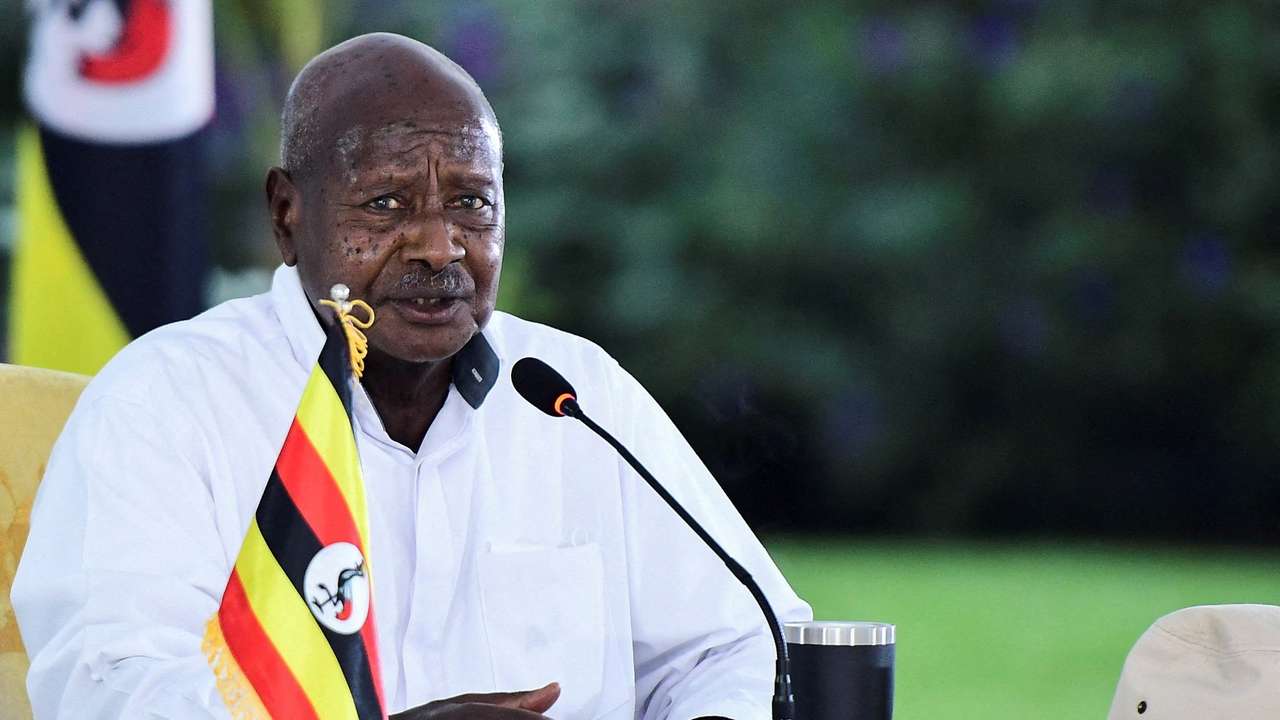Uganda reinstates military trials for civilians: summary

What we know
- Uganda has enacted a controversial new law allowing civilians to face military tribunals, just months after the country’s Supreme Court ruled the practice unconstitutional.
- The East African nation's return to military trials for civilians has raised rule of law concerns across the region and among international human rights watchdogs.
- The move has triggered fresh concerns about human rights, judicial independence, and political repression under President Yoweri Museveni, In power since 1986.
- Military trials of civilians have been practised in Uganda since the early 2000s under the UPDF Act. Civilians found with guns, ammunition, military uniforms, or deemed linked to security offences were prosecuted before a General Court Martial.
- Military trials for civilians were banned in January 2024, when Uganda’s Supreme Court declared them unconstitutional, citing a lack of impartiality and judicial competence.
- In June 2025, Museveni signed an amendment reinstating those trials under specific conditions.
- The law allows civilians to be tried in military courts if found with military hardware, such as firearms, ammunition, or army uniforms.
- The amendment, passed last month, mandates that tribunal officers have legal qualifications and act independently.
What they said
Military spokesperson Col. Chris Magezi defended the law, saying, “The law will deal decisively with armed violent criminals and deter militant political groups that seek to subvert democratic processes.” Opposition leader Bobi Wine, who claims the law is designed to suppress dissent, stated, “All of us in the opposition are being targeted by the act.” President Museveni, after the Supreme Court’s January ruling, also said, “The country is not governed by judges. It is governed by the people.”
This story is written and edited by the Global South World team, you can contact us here.